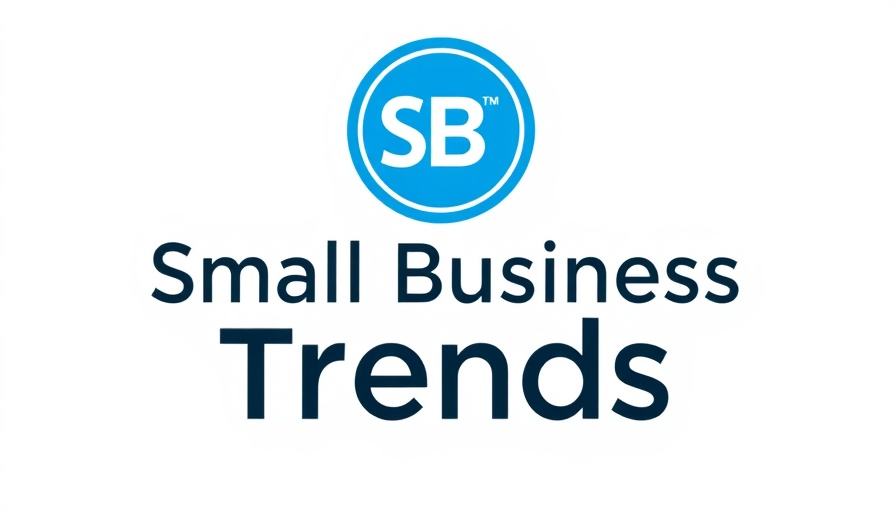
Unlocking the ERTC: A Key Advantage for Businesses
The Employee Retention Tax Credit (ERTC) is not just a financial tool; it’s a lifeline for many businesses grappling with the effects of economic downturns. Initially established to provide relief during the pandemic, this tax credit has evolved, becoming an essential part of financial planning for businesses of all sizes. It offers significant reductions in tax liabilities, facilitating better cash flow and allowing firms to maintain or even expand their workforce despite economic challenges.
What is the ERTC?
The ERTC is a refundable tax credit aimed at incentivizing businesses to keep employees on payroll during tough times. Initially able to provide up to $5,000 per employee in 2020, the benefits rose dramatically in 2021 to as much as $7,000 per employee per quarter. This means a substantial potential credit for businesses willing to adapt and uphold their workforce—even in a crisis.
Understanding Eligibility: A Pathway to Relief
Before businesses can enjoy the ERTC benefits, they must first understand the eligibility criteria. The ERTC is available to small businesses that have either faced full or partial suspensions of operations due to government mandates or those demonstrating a significant drop in revenue compared to pre-pandemic levels. This makes it an inclusive measure, targeting not just large corporations but also startups and established companies struggling to stay afloat.
Common Misconceptions: What You Might Not Know
Many businesses fail to claim their rightful credits due to misunderstandings surrounding the application process and eligibility. For instance, some may assume they’re ineligible due to receiving Paycheck Protection Program (PPP) funds. However, businesses can stack both benefits, provided they comply with specific guidelines. Understanding these nuances is key to maximizing savings.
Integrating ERTC into Your Financial Strategy
Harnessing the ERTC effectively can transform a company’s financial strategies, allowing for better resource allocation. For example, freed-up capital from reduced tax liabilities can empower businesses to invest in growth opportunities or pay down debts. This shift not only stabilizes cash flow but also positions companies to emerge stronger, with heightened employee satisfaction due to reduced turnover.
Long-Term Resilience: Building a Sustainable Future
Leveraging the ERTC is not just about immediate gain; it's about creating a framework for long-term resilience. During challenging economic times, businesses that adapt and maximize their tax credits will likely fare better than those who overlook such opportunities. By understanding and utilizing the ERTC, businesses can ensure they remain competitive and capable of weathering future challenges.
Tips for Navigating the ERTC Application Process
To make the most of the ERTC, businesses should maintain meticulous records, as accurate documentation plays a critical role in the claims process. Here are some actionable tips:
- Keep Payroll Records: Ensure your payroll records accurately reflect eligible wages for your employees.
- Consult Tax Professionals: Engage with financial advisors who can guide you through the complexities of the tax code.
- Stay Updated: Regulations around ERTC can change; keep abreast of any updates from the IRS or relevant financial bodies.
The Future of ERTC: Opportunities Ahead
As we look ahead, the role of credits like the ERTC in business management seems poised to grow. The post-pandemic landscape is one where financial safeguarding mechanisms will be crucial for stability. Companies willing to embrace such tools will not only enhance their operational proficiency but also position themselves favorably for any future crises.
Understanding the intricacies of ERTC can empower business owners to harness this resource effectively. As the mechanism continues to support the workforce and stabilize business finances, integrating such strategies into the broader business plan is essential. It is an opportunity that should not be overlooked, especially with the potential for improved access to other funding avenues.
 Add Row
Add Row  Add
Add 



Write A Comment